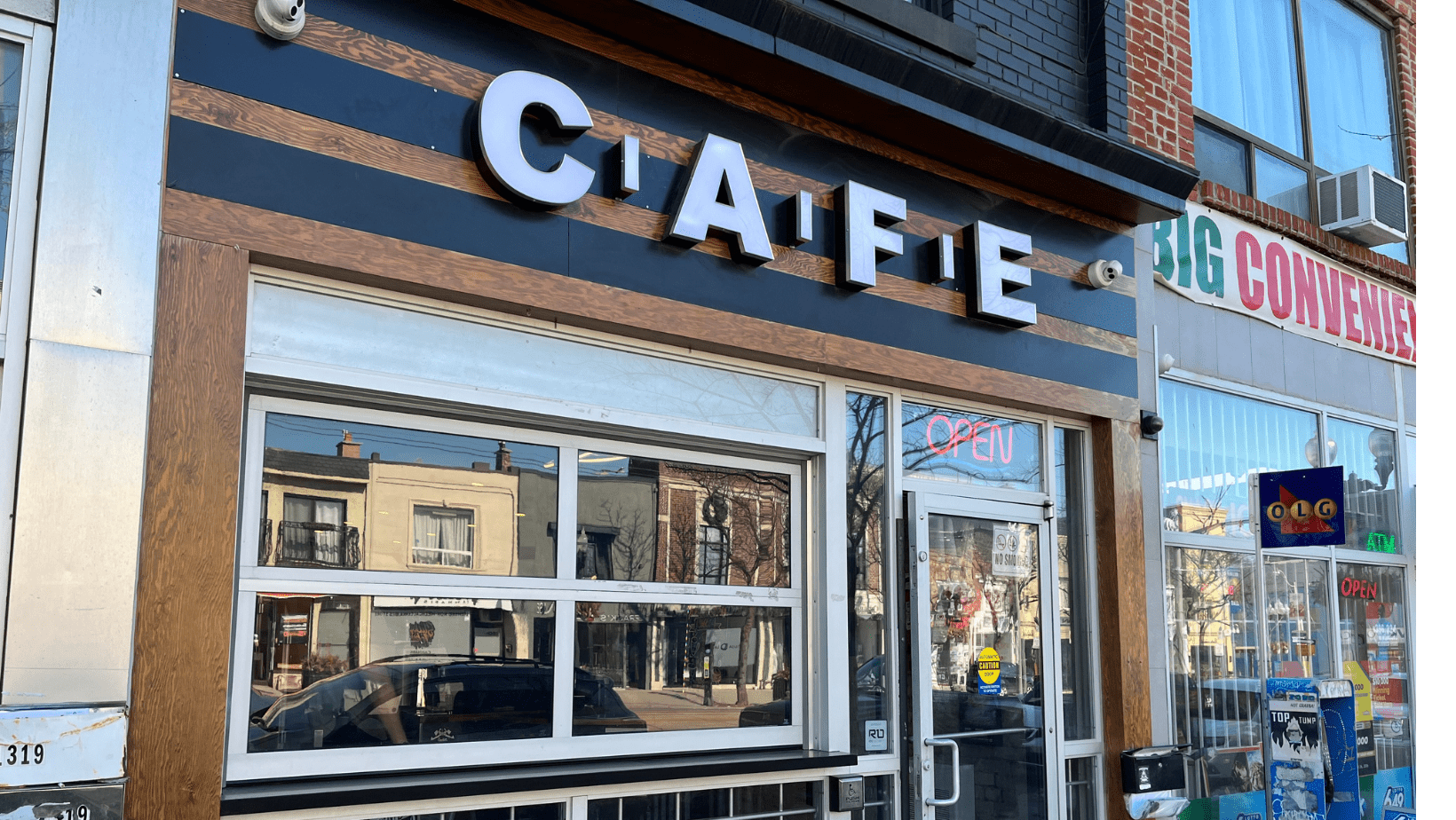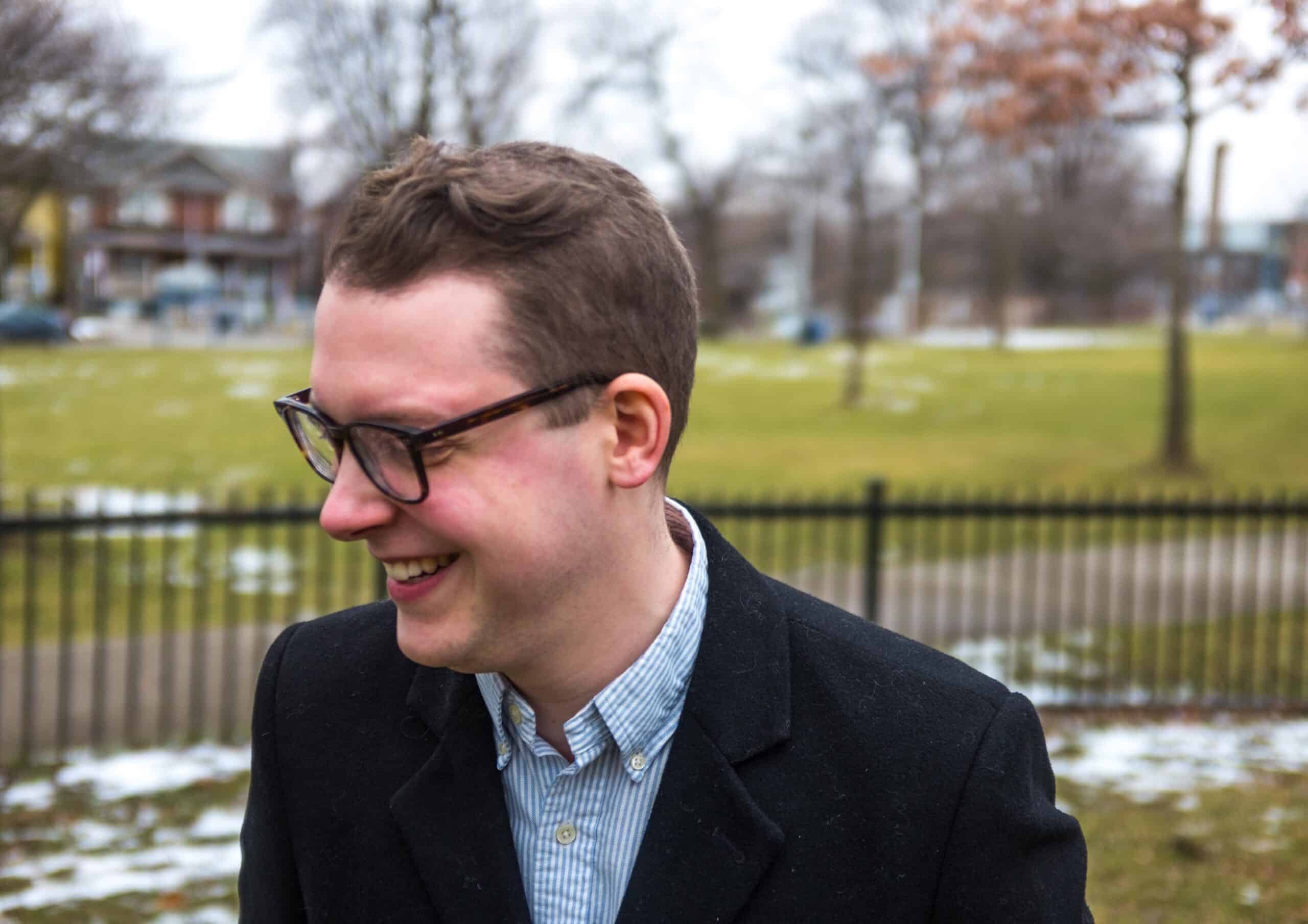Canada has legal weed. We know, since they’ve been rubbing our faces in it since 2018.
So why is a chain of illegal brick-and-mortar dispensaries operating out in the open in the nation’s largest city?
CAFE (Cannabis And Fine Edibles) started in 2016 and has four locations across Toronto. Despite governments trying for years to shut it down, they appear to be chugging along just fine.
The success of these black-market shops in a city and province chock full of legal ones raises questions about just how well legalization is working.
The provincial government has essentially laid down its sword, recently announcing plans to lower its profit margins to try to compete CAFE out of the market instead of relying on police raids.
Still, legal troubles continue. The landlord of one location will be sentenced next month in what the city hopes will be a warning to everyone involved.
The “cafes” themselves aren’t exactly stealthy (the logo often features a weed leaf) but they make some attempts to appear less like a place that sells weed. An alien who has only read about human coffee shops might not think twice about the whole thing.
After you get past the bouncer and the employee who checks your ID, you’re welcomed into a cafe that looks like any other place you might sip a latte. You can actually order coffee and tea.
The magic, of course, happens in the back.
Through a nondescript but obvious door lies a dispensary like any other you might find in the city — complete with helpful and cheery budtenders, edibles, glassware, papers, joints, and rows and rows of neatly labeled, flower-packed glass jars.
It feels far from sketchy, which is a vibe CAFE has clearly sought to cultivate. The shop says staff have to get their provincial cannabis-selling license and undergo a two-day sales course with the Canadian Cannabis Retailer’s Union and the North American College of Pharmaceutical Technology.
They even take credit cards, unlike many legal dispensaries in the States.
But why would someone bother going to a black-market operation when legal dispensaries are all over the city — sometimes right next to CAFEs?
For many, the answer lies in their wallets. Canadian dispensaries are only allowed to sell edibles in 10mg packages — far too low for many experienced consumers. And while CAFE follows many laws, it ignores that one.
It’s the only place that Anna (whose name has been changed to protect her identity) can get the gummies she likes.
“For $20, I can get a pack of 10 20mg Willo gummies. I cut them into quarters and when I want a chill night I take one quarter, and when I want to get really stoned I take two,” she said. “My tolerance is low enough that I could just buy two legal 5mg gummies at a time. But that’d be way more expensive.”
Indeed, Anna’s strategy works out to $0.50 per 5mg dose. Her cheapest option from the Ontario Cannabis Store (OCS), the government-owned retailer that sets the floor for all dispensaries in the province, is about four times the cost.
Some are simply loyal to the place they’ve bought weed from for years.
CAFE always has a few $5/g specials, and will give customers a free joint with their order during happy hour (4:20-5:20 p.m.).
Not to mention, legal flower can also often run you about twice as much as illegal weed.
Some health researchers say the federal government should actually tighten regulations, pointing to increased cannabis-related hospitalizations of children after legalization.
The cannabis industry, of course, is on the other side. “We can’t offer the consumer the product that they are looking for, so they’re getting it from the illicit market,” George Smitherman, Cannabis Council of Canada president and former Ontario health minister, told the Globe and Mail last year.
While legal weed’s market share is growing, just 56.9 per cent of cannabis bought in Ontario is through legal channels, according to the latest OCS report.
The province appears to recognize it’s in trouble.
The OCS announced this month it will slim its margins, saying it hopes to make legal sellers “better positioned to compete with illegal operators” — a remarkable admission for a provincial retailer that’s had a monopoly on cannabis sales in the province for over four years.
“As the exclusive wholesale distributor for legal recreational cannabis in Ontario, OCS is doing its part to support a vibrant cannabis marketplace that helps to displace illegal operators, while promoting social responsibility in connection with cannabis,” President and CEO David Lobo said in the release.
CAFE’s longevity is due to more than just selling high-dose edibles — CAFE has also done work with food banks and legal aid for people with cannabis charges, earning it further cred.
“Anchored in events and outreach, we take every opportunity available to give back to our community through local events and a series of diverse educational resources. We strive to engage, excite, and always encourage fun,” its about page reads. (CAFE didn’t respond to a request for comment for this piece.)
Its splashiest move, though, is simply continuing to exist. Early on in legalization, it had hoped to make the transition from black to white market, as many other Canadian brands have done. But before C-Day, the Ontario government banned illegal sellers from doing so.
Instead of trying to lobby its way into legality, CAFE kept its doors open and dared governments to shut it down. Toronto called its bluff and conducted police raids, arresting 17 people, including a 16-year-old boy.
But CAFE wasn’t bluffing. It kept going, appearing to relish the fight. It argued that cops were illegally evicting a tenant who lived on premises. The province changed a law to remove the loophole.
In a final, desperate move, the city stacked concrete blocks in front of some shop entrances. Some thought it was the end. But staff simply moved onto the sidewalk, took orders from iPads under pop-up tents, and shuttled customers to open locations.
Eventually, the blocks were mysteriously removed and all went back to normal. (Final price tag: $361,459.49.)
It was a resounding victory for CAFE. But while the city has given up its on-the-ground enforcement, it’s tried a different tack of late, taking the landlords of the four CAFE locations to court.
Last month, the first landlord, Mohsen Ghelichkhani, was convicted on appeal of six counts after a judge ruled he could’ve done more to stop the shop from operating on their premises.
The conviction comes with a fine between $10,000 to $250,000 and/or a prison sentence of no more than two years.
If Ghelichkhani is sent to prison or fined a hefty amount, it wouldn’t immediately cause the stores to shutter, but could dissuade landlords from hosting the shops.
Of the other three landlords, one was acquitted, one was convicted and fined $50,000, and one will see his trial resume in March after he appeared to change his testimony in the middle of the trial.
Ghelichkhani’s lawyer has declined to comment until after his client is sentenced at the end of March, but has previously said the ruling in Ghelichkhani’s case could affect the other trials.
For now, CAFE remains open. Budtenders laugh and joke with the clientele, seemingly unconcerned about the legal troubles. In a city and province once hell-bent on shutting them down, the shops stand as a testament to what happens when you just say no.





